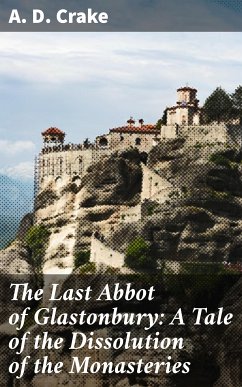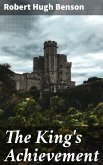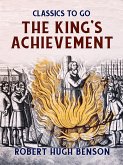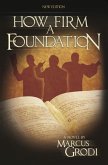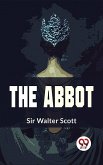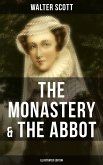In "The Last Abbot of Glastonbury: A Tale of the Dissolution of the Monasteries," A. D. Crake weaves a poignant narrative set against the backdrop of one of England's most tumultuous historical episodes'Äîthe dissolution of monastic life under Henry VIII. Crake employs a rich, evocative literary style that marries historical detail with intimate character portrayals, allowing readers to delve into the emotional and spiritual turmoil experienced by the last abbot, as well as the communities whose lives were irrevocably altered. The book is not merely a recounting of events; it serves as an exploration of faith, power, and resistance in a time of societal upheaval, reflecting the broader context of religious transformation during the English Reformation. A. D. Crake, an author with a profound interest in English history and ecclesiastical culture, draws upon extensive research and historical texts to bring authenticity to his characters and settings. His background in historical fiction is evident in his nuanced understanding of the socio-political forces that shaped 16th-century England, particularly in the context of monastic existence and its abrupt dissolution. Crake'Äôs fascination with the poignant stories of individuals caught in the tide of change has inspired him to bring the narrative of Glastonbury Abbey to life. This gripping tale is highly recommended for readers interested in history as well as literary fiction. Crake's skillful storytelling not only illuminates a pivotal era in English history but also evokes a deep empathy for the characters faced with unimaginable challenges. "The Last Abbot of Glastonbury" is a compelling read that promises to resonate with anyone who seeks to understand the interplay of faith and politics in shaping human experiences.
Dieser Download kann aus rechtlichen Gründen nur mit Rechnungsadresse in A, B, BG, CY, CZ, D, DK, EW, E, FIN, F, GR, H, IRL, I, LT, L, LR, M, NL, PL, P, R, S, SLO, SK ausgeliefert werden.

